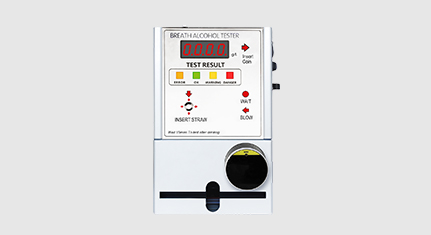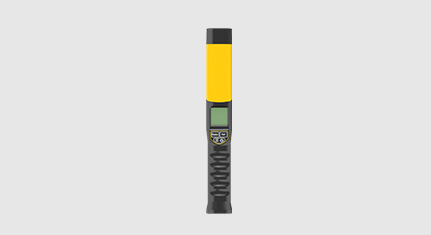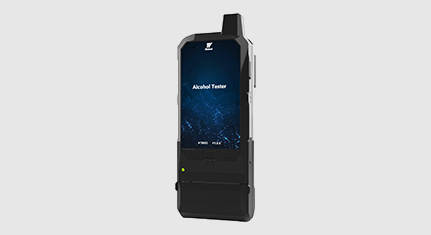The pros and cons of fuel cell breathalyzer
Breathanalyzers are technology apparatuses that can use a driver’s breath to determine the alcohol level in a suspected drunk driver. Driving under the influence (DUI) is a serious crime and if you don't want to get in trouble, you should use a breathalyzer.
Personal breathalyzers generally use either a fuel cell sensor or a semiconductor sensor.
Fuel cell sensors measure the concentration of alcohol in a breath sample by measuring the amount of electrical voltage that is generated when alcohol compounds are being oxidised. The more alcohol is present, the greater the voltage the fuel cell generates and the higher the BAC reading.
Semiconductor sensors are small and inexpensive beads of metal oxide. A voltage is applied to produce a small standing current, and when alcohol or other substances come into contact with this bead, they change the surface resistivity and the standing current. The change in current is then used to measure the concentration of substance in the sample.
Fuel cell sensors advantages
High Accuracy
Longer Working Life
More stable and reliable
Fuel cell sensors disadvantages
More costly
View fuel cell breathalyzers:
AT8060 Portable Alcohol Breathalyzer
AT8030 Pocket Size Alcohol Tester
Share:
Read More
- >>Previous: What is the difference between Semiconductor & Fuel Cell breathalyzers?
- >>Next: What to consider when choosing a personal breathalyzer



